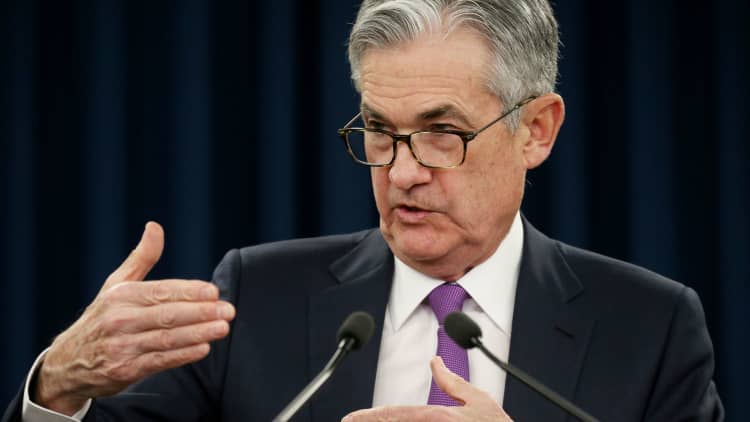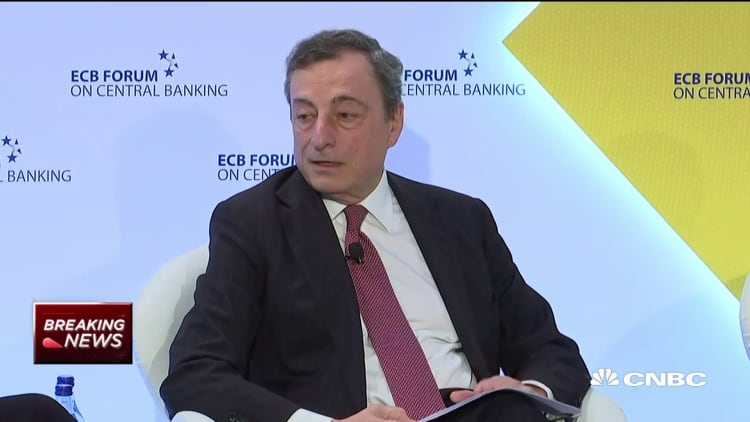Governments across the world are increasingly questioning the autonomy of their central banks, putting the relationship between the two at stake.
Earlier this week, a report cited that President Donald Trump has looked at ways to legally demote Federal Reserve Chairman Jerome Powell. Trump has often publicly criticized the monetary policy decisions taken by Powell – the president believes that there should be more stimulus.
Meanwhile, in Italy, the anti-establishment government has prepared a bill that would give the government further powers over the appointment of members to the Bank of Italy, Reuters reported Thursday. The current coalition, between the leftist Five Star Movement and the right-wing Lega party, has also publicly criticized Governor Ignazio Visco.
"There is a real crisis brewing over the independence of central banks," Erik Jones, professor of European studies and international political economy at the Johns Hopkins University told CNBC via email.
He mentioned three reasons behind such challenge: banking supervision, unconventional monetary policy, and standard conduct.
"And part of the crisis has to do with the standard conduct of monetary policy, which is where Trump's criticism of Powell comes into the picture. Of the three challenges, the one that Trump poses is the most important," Jones said.

Fed Chairman Powell said last Wednesday that despite the reports and the criticism from the White House, he does not have any intentions in leaving the central bank anytime soon. "I think the law is clear that I have a four-year term, and I fully intend to serve it," Powell said.
"At the Fed, we're deeply committed to carrying out our mission and also that our independence from direct political control we see as an important institutional feature that has served both the economy and the country well," he said.
In Italy, reports in February suggested that the anti-establishment leaders were considering whether to renew the term of Governor Visco, who some government officials blame for not supervising the nation's banks adequately. The Italian banking system has seen different recapitalizations in recent years in the wake of the sovereign debt crisis of 2011.
Earlier this week, President Trump also criticized European Central Bank (ECB) President Mario Draghi, after the latter gave a speech that led to the depreciation of the euro against the U.S. dollar.
"Mario Draghi just announced more stimulus could come, which immediately dropped the euro against the dollar, making it unfairly easier for them to compete against the USA," Trump said on Twitter.
The ECB president addressed Trump's remarks on Tuesday by explaining that the central bank's mandate and aim is ensuring price stability – not manipulating the exchange rate.

More broadly, there has also been cases of standoffs between governments and central banks in India and Turkey.
"If you can take a lesson from Trump and Salvini (Italy's deputy prime minister), it is that populists may be tempted to influence monetary policy, but at the end of the day, the systems in both Italy and U.S. are too strong to let that happen," Anna Rosenberg, partner and head of Europe and U.K. at research firm Signum Global told CNBC via email Thursday.
"But yes, the pressure on central bank governors will be growing and they may become targets from populists, so they are more in the spotlight as they have been before," she added.
Ever since the financial crisis, a lot of attention has turned to central bank policies and their impact on the general consumer, making it more and more tough for them to escape constant questioning and meddling from governments.


